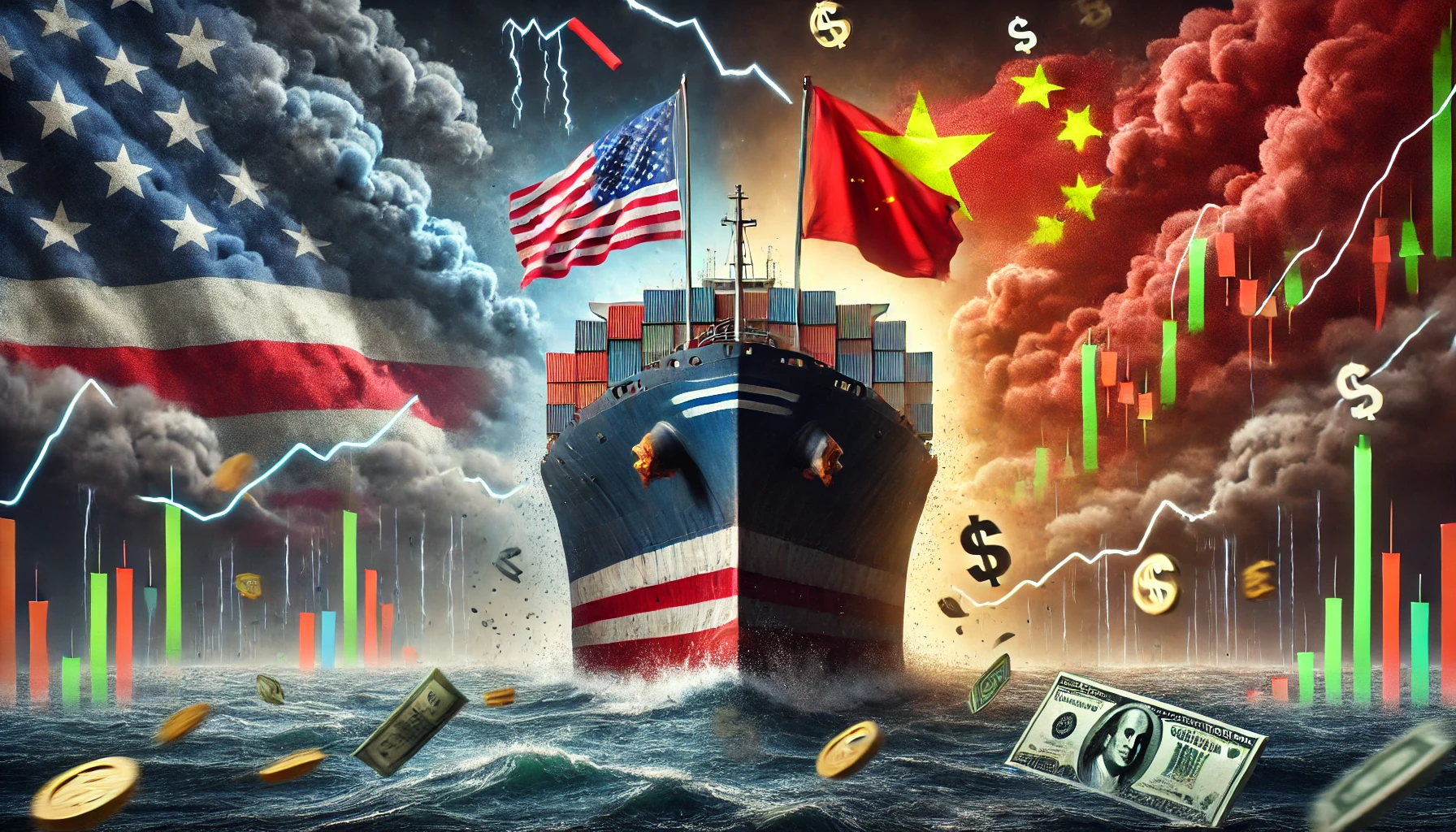In the grand theatre of international economics, few moves are as consequential as retaliatory tariffs between economic superpowers. China’s recent imposition of tariffs in response to the United States’ own trade restrictions exemplifies a deeply entrenched pattern of economic warfare, one that extends far beyond simple monetary consequences and into the very structure of global power.
To understand the implications of these tariffs, one must consider the scope of what is at stake. The United States’ decision to place tariffs on Chinese goods is an assertion of economic dominance, an attempt to regulate global supply chains and fortify domestic production. In response, China has levied its own tariffs on American exports, targeting sectors integral to the United States’ economic stability, such as agriculture and energy. The real question is whether such tactics foster genuine economic growth or if they serve as mechanisms of escalating hostility, leading ultimately to self-destructive economic nationalism.
Beyond this, we must ask ourselves what underlies the necessity for such economic actions. Is this not, in part, a response to a greater economic malaise—one where domestic productivity is waning, innovation is outsourced, and financial power is concentrated in fewer hands? The ability of any nation to sustain itself depends on the functional competence of its leadership and the ingenuity of its workforce. Tariffs, while seemingly necessary in the short term, may ultimately obfuscate the real problem: a need for greater economic restructuring and internal investment in productive capacities.



